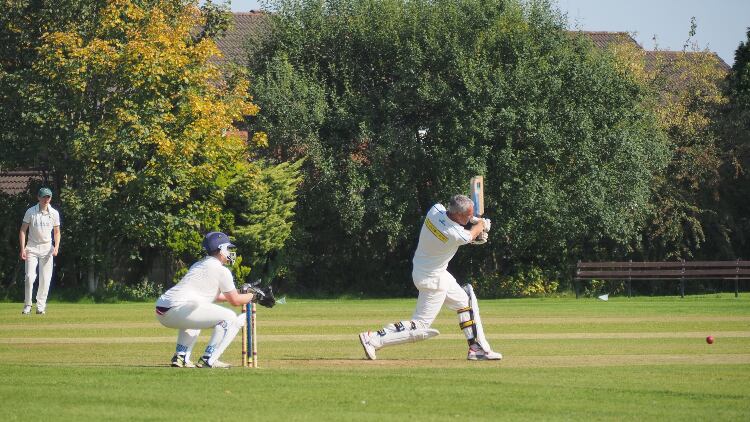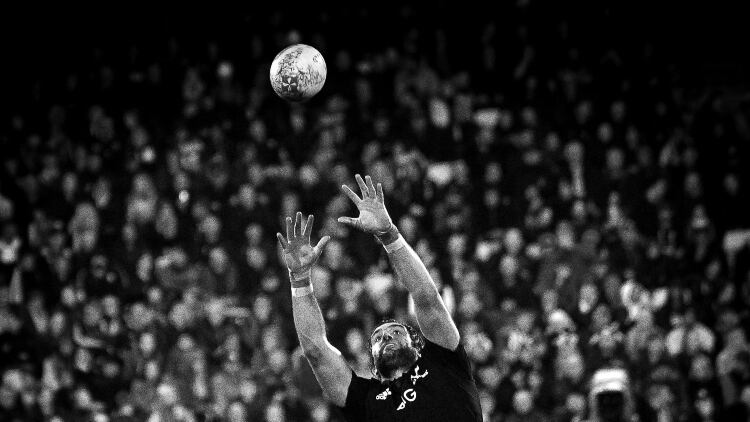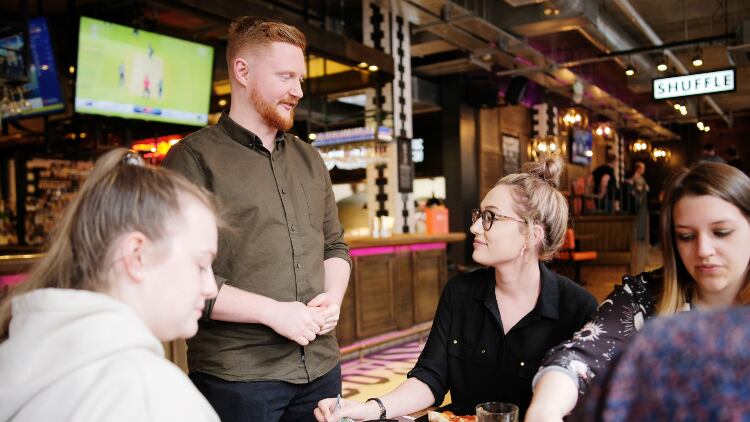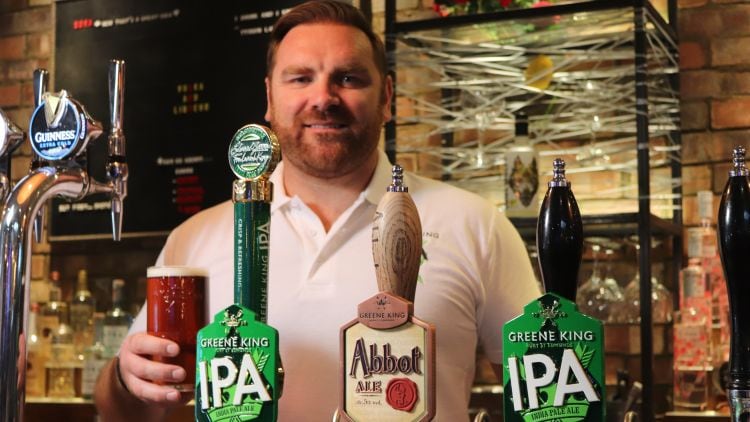As protesters gathered outside Government headquarters on 3 September to oppose Boris Johnson’s prorogation of parliament – sports minister Nigel Adams and chair of the All-Parliamentary Beer Group Mike Wood revealed that every year pubs raise more than Mo Salah’s transfer fee from Roma to Liverpool for grassroots sports teams.
According to a survey by the Grass Roots Football Alive Show in 2013, it costs around £2,000 per season to run a grassroots football team, with almost two thirds of amateur football teams (64%) benefiting from a local sponsorship agreement according to research by Kitlocker.com.
Yet, based on the survey responses of more than 1,400 pubs, the British Beer & Pub Association, PubAid and the Sport & Recreation Alliance found that the average pub pours more than £1,000 each to nearby clubs every year – totalling around £40m per annum in total.
According to new report, Pubs and Sport: The Perfect Match, almost half of pubs surveyed give between £1 and £500 to their local sports team every year, close to one in four give between £501 and £1,000, while around 8% of respondents give more than £2,000 per year to their local grassroots sports team.
Speaking to The Morning Advertiser, the report’s author Will Hawkes explained: “The most fascinating thing about it is that we all know of villages where the local cricket team is supported in some way by the pub, or where a five-a-side football team in the city is supported by a pub. Most of us can point to relationships like that. But until now I don’t really think we’ve had a broader picture of what this looks like and the real value that pubs put into local sport around the country.”
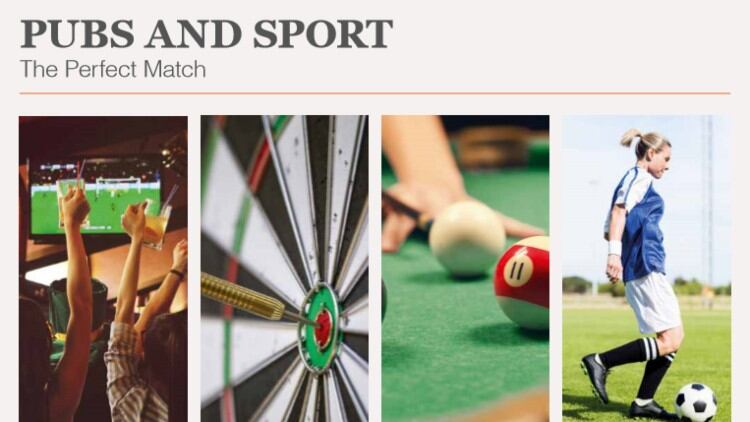
Tackling societal issues
The inextricable link between sport and pubs has previously been highlighted by Carlsberg’s ‘best pub team in the world’ campaign – featuring England legends such as Peter Shilton and Bobby Charlton – as well as BT Sport’s Pub Cup which this year featured a 32-team women’s tournament alongside the third instalment of the men’s competition.
However, Hawkes, a veteran of village cricket teams as well as The Independent’s sport desk – where he worked as a journalist before turning his hand to the pub and beer sectors – adds that pubs and sports teams share a purpose in offering social space.
“We’re often told nowadays that we’re more isolated from each other than ever before, that loneliness is on the rise and that mental health is obviously a big issue at the moment,” he explains.
“It’s not a cure at all – of course it isn’t – but one of the ways in which people can feel better about their lives is by getting together with other people whether that’s playing a game of five-a-side football or going down and meeting their friends at the pub. Certainly from my own personal experience being involved in that sort of thing – be it a five-a-side team or meeting friends for a drink – has always been hugely beneficial.”
Hawkes highlights progress made by the Butlers Arms in Pleasington, Lancashire, as a stand-out example of how pubs and sport can tackle loneliness and isolation. “The landlord there is a guy called Michael Hales,” he says.
“He’d just taken on the pub and was looking at Twitter one morning and saw a Tweet from a group called Blokes United – which is a social inclusion scheme for men.
“He got in touch with them and, when I spoke to him in May or June, he’d put about £5,000 into Blokes United, which has paid for pitch hire, kit, food, hot drinks – all that sort of stuff. During that time the number of men coming to the scheme has grown hugely. There were seven people on the first night that they ran it and now they have about 70 or 80 people each week.”
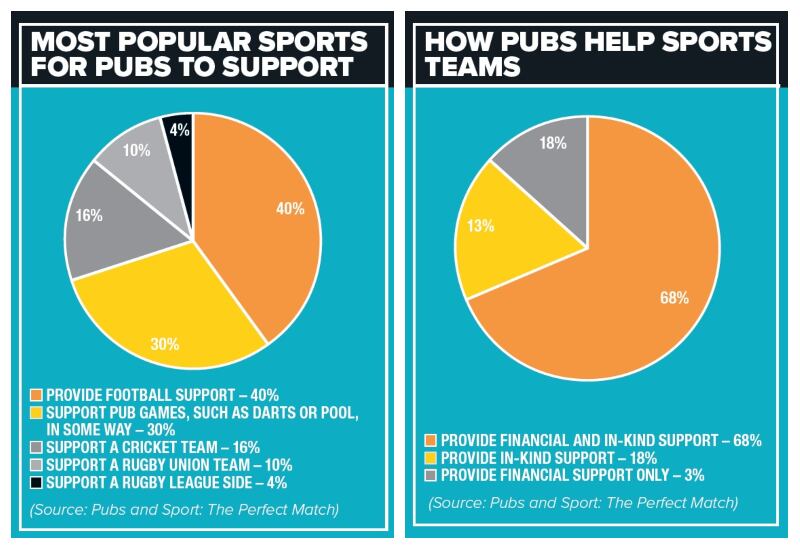
National and regional landscape
“You’ll have pubs in Scotland that support curling teams, you’ll have pubs in the West Country that support skittles teams, you’ll have pubs in east Kent where they have a game called bat and trap,” Hawkes adds. “It really reflects not only a national picture but a regional picture as well.
“One guy that really impressed me was a guy called Adrian Emmett who runs a pub in Treorchy in the Rhondda Valley, Wales. He took it on in 2011. It was boarded up but, as he’d grown up a few miles away, he knew the potential of the Lion and one of the first things he did when he took it on was supporting two local rugby teams – Treorchy and Treherbert.
“Now, I think he supports 15 different teams in the town – rugby, football, cricket, all sorts – which costs him, he estimates, about £13,000 per year and the way he does it is very imaginative.
“Some of the teams he gives money to sponsor shirts or whatever, but it’s a big pub and there’s a lot of space outside for barbecues and space upstairs for comedy gigs so he says ‘here’s 20 tickets for the comedy gig on Saturday, you can either have a team night out or sell those on and make some money for the club’ – the same with the back garden, they can do a barbecue with the pub providing some food at cost price, then the team can sell it on and keep the profit – so it’s quite an imaginative way of supporting teams in a way that is beneficial for both them and the pub.”
Room for improvement
However, the billions being spent on transfer fees and broadcasting rights in top-level sport while one in every six (17%) grassroots football matches in London is called o due to the state of a pitch, paints a very top-heavy image of British sport. Despite encouraging signs from the on-trade, there’s clearly work left to be done.
“All the focus is on the Premier League or big cricket Test matches or whatever – and that stuff is fantastic as I love sport – but really what’s important about sport is that everyone who wants to play it can play because it’s good for your physical and mental health, it brings people together and it’s great fun,” Hawkes explains.
“That’s something we’ve been failing to do as a country for a number of years. If you go to little villages in France there are tennis courts, basketball courts, a big swimming pool, while the variety of facilities on offer in lots of Britain is just not good enough.
“There is a lot of money in sport and there should be more pressure on the big sporting organisations to contribute to grassroots sport.”

